Tag: Politics
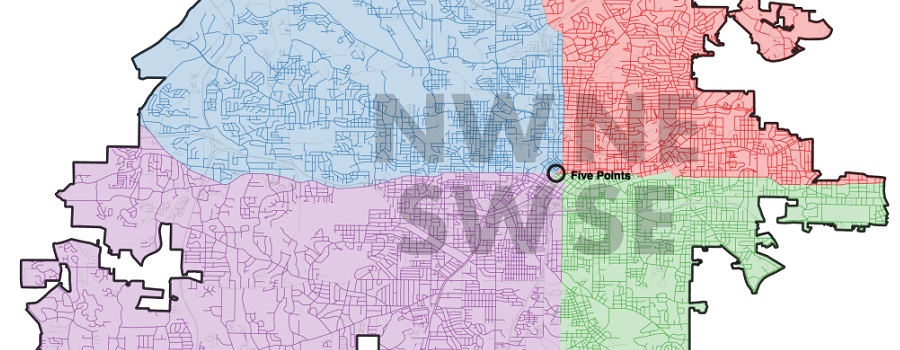
Mapping Atlanta
GSU professor Taylor Shelton’s blog exploring all of Atlanta’s oddities and inequalities with maps. Issues covered are fundamentally about geography, about how places are the...
Read More
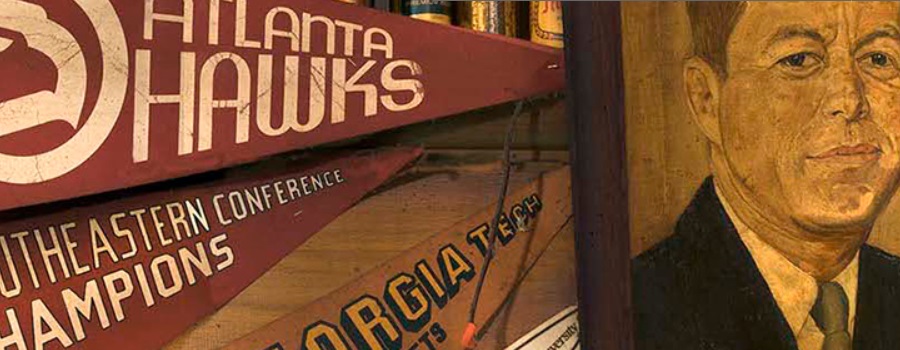
Unpacking Manuel’s Tavern
Aims to both preserve this unintentional archive as it was before Manuel’s Tavern underwent renovations in 2015 and provide a platform through which one might...
Read More
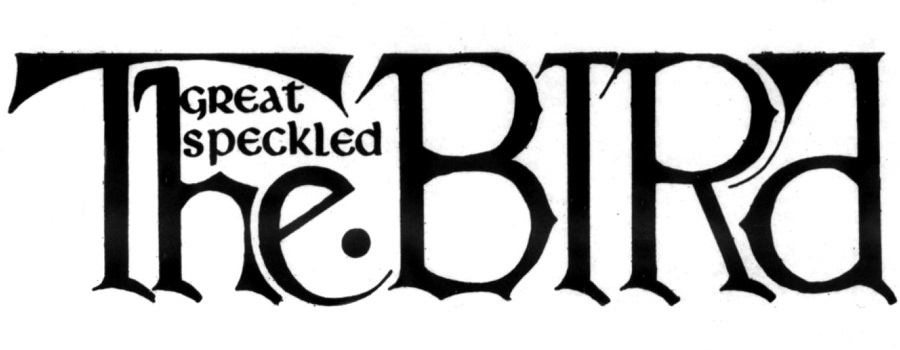
The Great Speckled Bird
The Great Speckled Bird was one of several underground newspapers that appeared in the United States in the 1960s. Published in Atlanta from 1968 to...
Read More
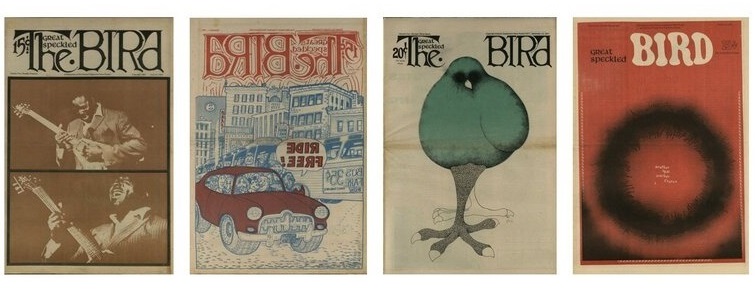
The Great Speckled Bird: What a Beautiful Thought I Am Thinking
The exhibit commemorates the 50th anniversary of the publication of the first issue of The Great Speckled Bird. Content in this exhibit incorporates resources from...
Read More
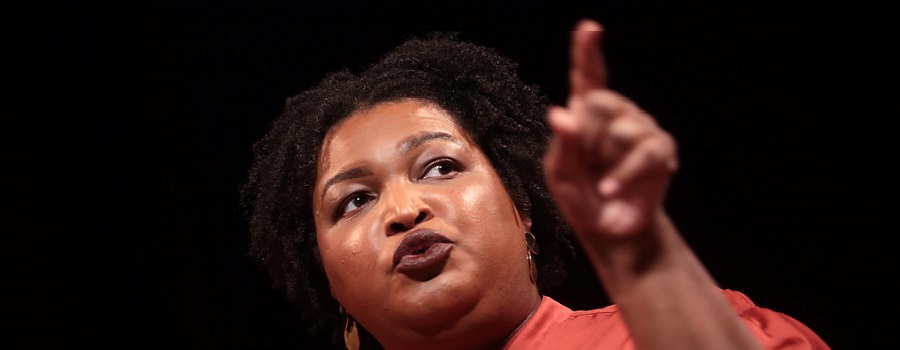
The Reckoning
Leading up to and after the Women’s March of 2017, Georgia activists, Lucy Hargrett Draper, and her niece, Chrisy Erickson Strum documented emerging and ongoing...
Read More
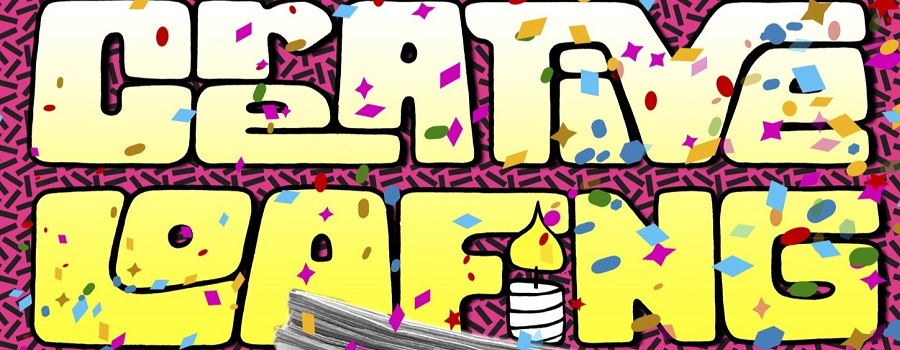
Creative Loafing
Creative Loafing is an alternative newspaper covering arts, entertainment, music, news, and politics in metro Atlanta. The paper was founded in 1972 by Deborah and...
Read More

Georgia Government Documentation Project
The Georgia Government Documentation Project (GGDP) documents the state’s political heritage through oral history interviews and collections of associated papers. The GGDP collection includes more...
Read More
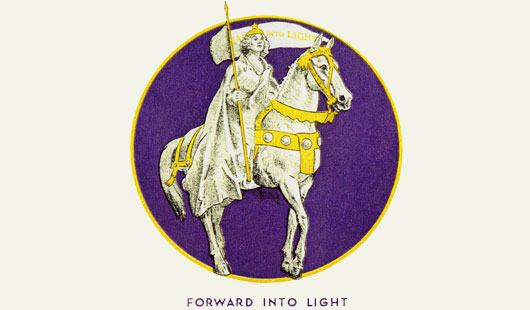
Lucy Hargrett Draper Collection
The Lucy Hargrett Draper Collections on Women’s Rights, Advocacy and the Law document state and national efforts to achieve equality for women. They include the...
Read More
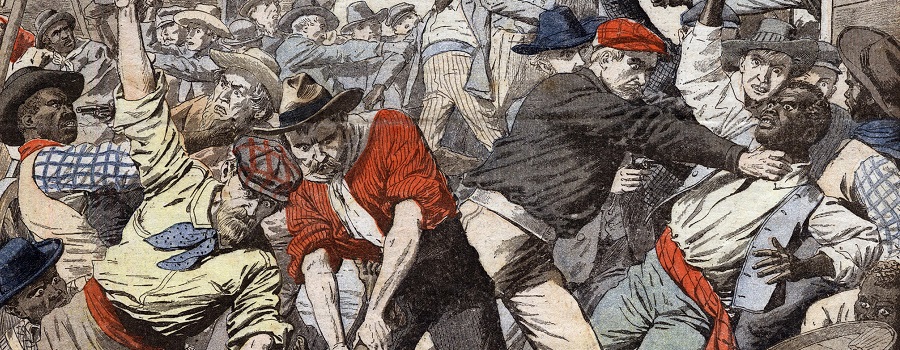
Veiled Visions: The 1906 Race Riot
Tells the story of the 1906 Race Riot, a three-day massacre that spread through Atlanta, starting downtown on Saturday, September 22 and ending with the...
Read More

Lane Brothers Collection
Photographic collection contains images of AT&T, Atlanta Gas Light Company, Coca-Cola, Delta Air Lines, Eastern Air Lines, Rich’s, Shriners Yaarab Temple, and the Southeastern Fair...
Read More
 Georgia State University Library
Georgia State University Library